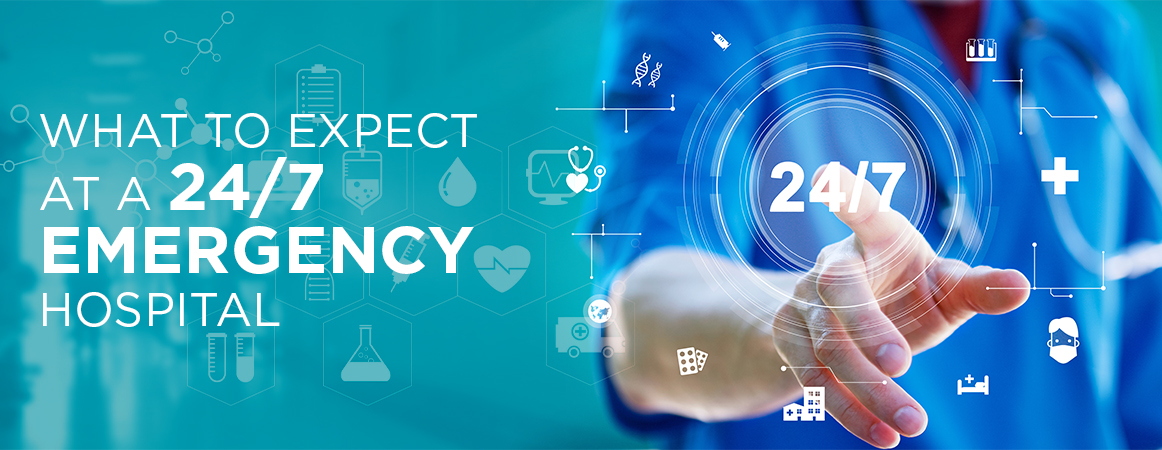What to Expect at a 24 7 Emergency Hospital
Everyone should be aware of what to expect in the emergency department or emergency room once they arrive because sudden illness or injury might happen without prior notice. MMI is a 24 7 emergency hospital with cutting-edge technology and qualified professionals on staff.
Patients who have serious diseases, traumatic injuries, or other conditions that need quick attention can receive urgent care at the Emergency Department (ER) of the Memon Medical Institute Hospital. To provide you with the care you require as swiftly as possible, the staff includes doctors, nurses, and other healthcare professionals who adhere to a set of rules.
Things to tell the emergency department staff
The professionals at the emergency room may not be aware of your medical history, so they ask many questions. Inform the staff about the following to assist them to evaluate and treat you:
- Any health issues if you have
- All medications and treatments you are taking
- Any known allergies
- Any recent travel
- If you are pregnant or nursing
- Any additional information they should be aware of
Following are the steps to expect when you arrive at the MMI Emergency.
Step 1 – Triage
The process of determining a patient’s condition’s severity is called triage. The most serious situations are treated right away for patients. Due to this, some individuals who arrived at the ER after you may receive medical attention before you.
Emergency personnel ascertains your purpose for visiting the ER when you arrive. Your medical history will be taken by a nurse, who will also quickly assess your symptoms.
An emergency registered nurse might initiate diagnostic tests in specific circumstances to shorten the time patients must wait for medical attention. As you wait, call the emergency technician or nurse right away if your symptoms get worse.
Step 2 – Registration
The registration step is crucial because it enables the ER personnel to collect data for your patient record. Diagnostic tests must be requested for the doctor to choose the best course of treatment for you.
Step 3 – Treatment
Every patient who comes to the 24-hour emergency hospital in Karachi, such as MMI receives treatment from an attending doctor. An intravenous (IV) line may be started by a nurse, depending on your condition. The nursing staff will be able to swiftly provide any medications or fluids that the ER doctor may have prescribed.
Additionally, a nurse might take blood samples from you or refer you for an imaging test like an X-ray. Blood tests may also be urgently ordered by doctors. Doctors who practice emergency care can evaluate your condition using test results. While you are in the ER, the results may be ready in one or two hours.
The wait for some test results could be longer, though. The staff in the emergency room at MMI will do their best to keep you relaxed and informed during your treatment.
Step 4 – Reevaluation
The test findings may provide further information about the type of care you require, so an ER doctor will reassess your situation after receiving them.
Your body is something you are familiar with. Be sure to tell the doctor about any pain or discomfort you may experience because how you feel might be just as significant as your test results.
The attending physician evaluates you again and decides whether you need to be treated and discharged or hospitalized.
Step 5 – Discharge
All medical staff at MMI Hospital are primarily focused on your satisfaction. All patients receive detailed written instructions for home care prior to discharge. The directions outline how you can safely treat your wound or ailment, as well as the dosage requirements for any prescription medications and suggestions for further medical care.
The emergency department of MMI Hospital strives to offer you high-quality care as quickly as possible. Our emergency room staff gives each patient the finest care possible because they recognize how stressful it may be to be there.
Understanding every instruction in its entirety is crucial. While you’re at the emergency hospital near you, ask any questions you may have. Don’t forget to follow up with your primary care physician or if one was recommended.


